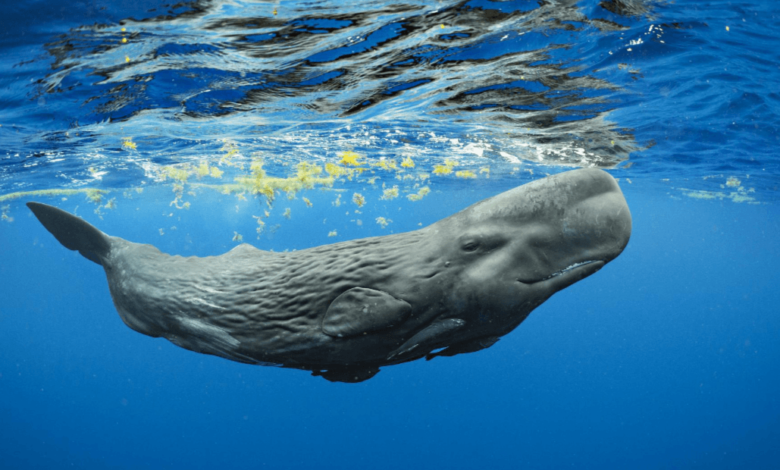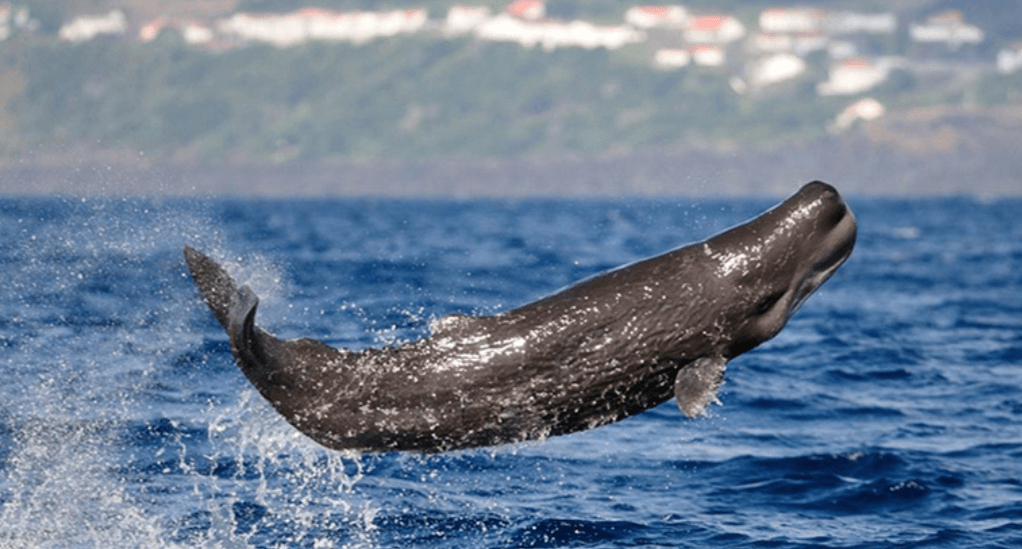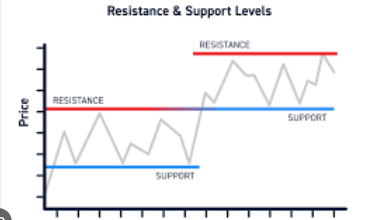Baby:_Dy07h40hpa= Sperm Whale

Baby:_Dy07h40hpa= Sperm Whale, or calf, is marked by a delicate interplay of maternal care and environmental challenges. From the moment of birth, the bond forged between mother and calf serves as a crucial foundation for survival in the ocean’s depths. As the calf matures, it must navigate not only the intricacies of communication and foraging but also the looming threats posed by habitat destruction and climate change. This raises important questions about the long-term viability of these majestic creatures in an ever-changing marine ecosystem. What implications might this have for their future?
Birth and Early Life
The birth and early life of the sperm whale (Physeter macrocephalus) are critical stages that significantly influence the species’ survival and development.
Neonatal behavior is characterized by strong nurturing instincts exhibited by the mother, ensuring the calf’s immediate needs are met.
This nurturing phase is essential for fostering essential skills and social structures that enhance the calf’s chances of thriving in the oceanic environment.
Maternal Care and Bonding
Maternal care in sperm whales is characterized by a profound bond between the mother and her calf, crucial for the calf’s survival and development.
This relationship is reinforced through nurturing behaviors, such as physical contact and vocalizations, fostering emotional attachment.
Such bonds not only enhance the calf’s immediate safety but also play a pivotal role in its long-term socialization and learning within the pod.
Read Also Baby: Cute: Coyote

Development and Growth Stages
Sperm whale calves undergo a series of distinct developmental and growth stages that are critical for their survival and integration into pod life.
During these stages, social behavior is crucial, as calves learn essential communication skills and social structures within their pods.
Additionally, their feeding habits evolve, transitioning from reliance on maternal milk to foraging for prey, thereby enhancing their independence and survival skills.
Survival Challenges in the Ocean
While navigating the vast and often perilous oceanic environment, sperm whales face numerous survival challenges that significantly impact their life cycle and well-being.
Habitat destruction, coupled with climate change, threatens prey availability and disrupts feeding patterns.
Furthermore, ocean pollution and noise pollution from human interaction complicate communication and navigation, ultimately jeopardizing their survival in an increasingly hostile marine ecosystem.
Conclusion
In conclusion, the Baby:_Dy07h40hpa= Sperm Whale is characterized by a critical dependence on maternal care, which facilitates essential developmental milestones. As the calf navigates the complexities of communication and foraging within the pod, it encounters numerous challenges exacerbated by anthropogenic factors. These threats, akin to modern-day pirates plundering the seas, underscore the urgent need for conservation efforts to ensure the survival of this magnificent species and the preservation of its delicate marine habitat.






